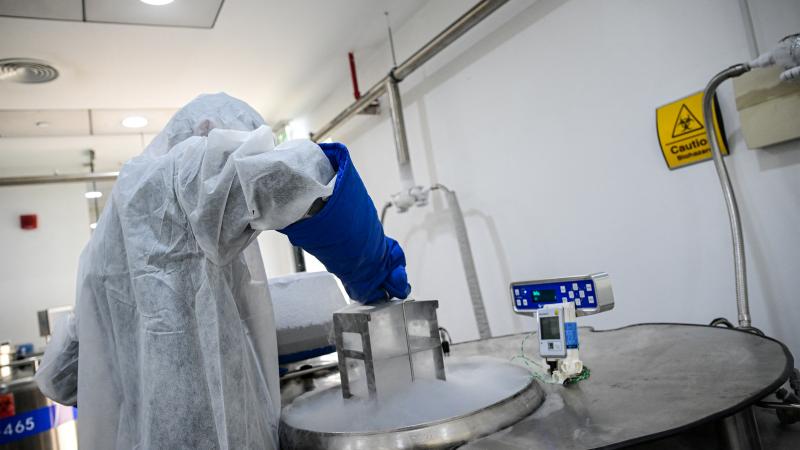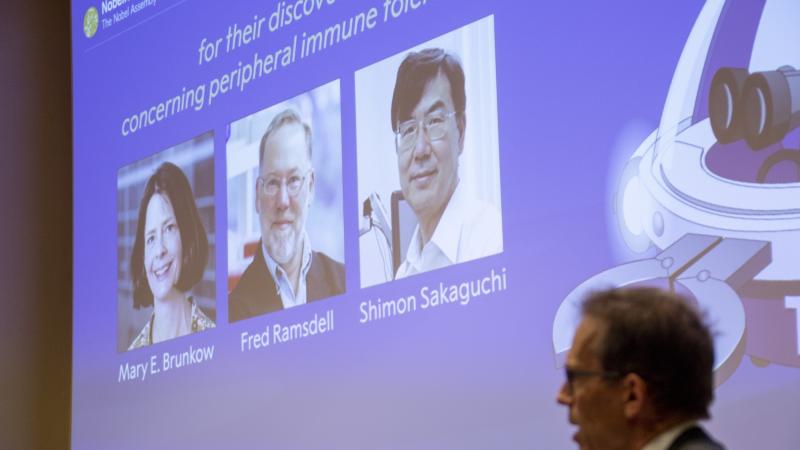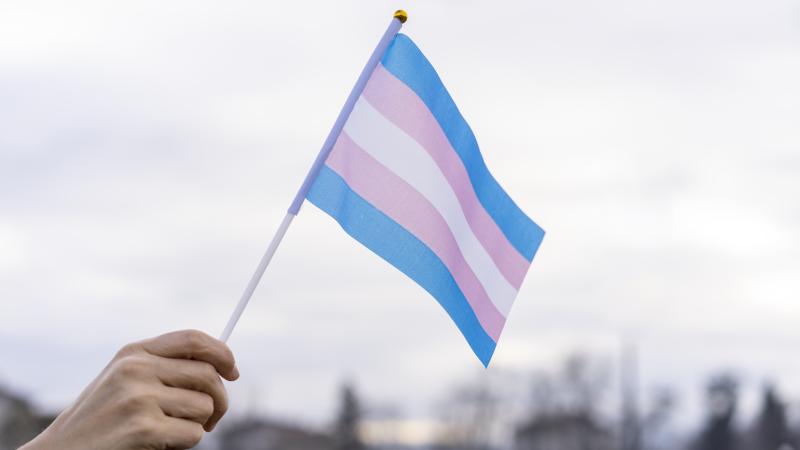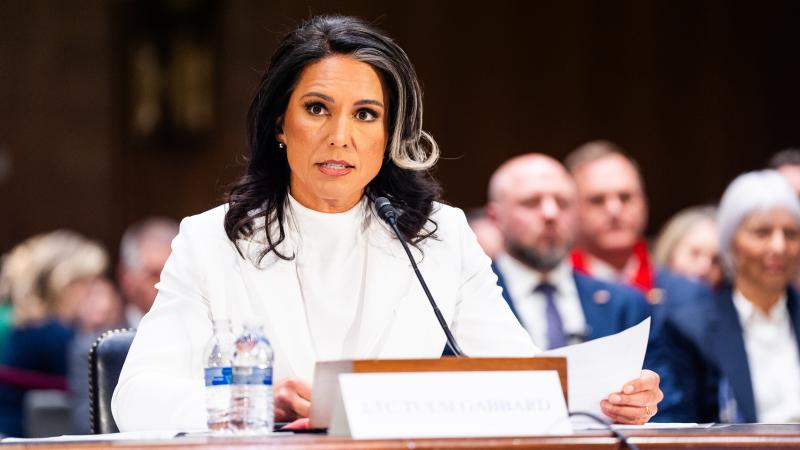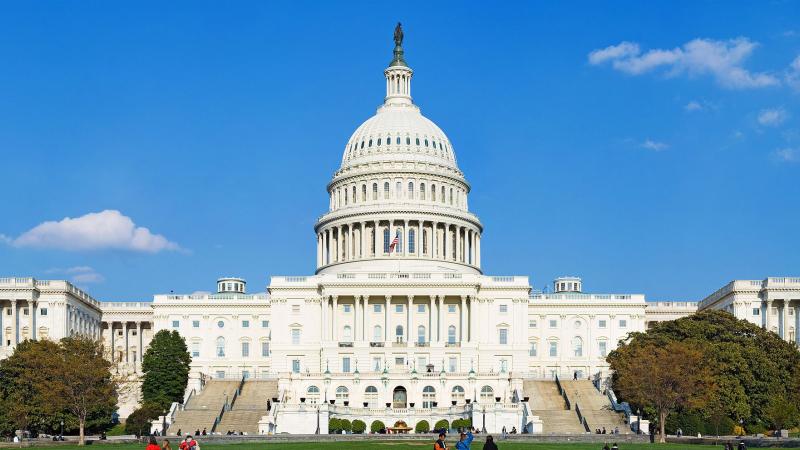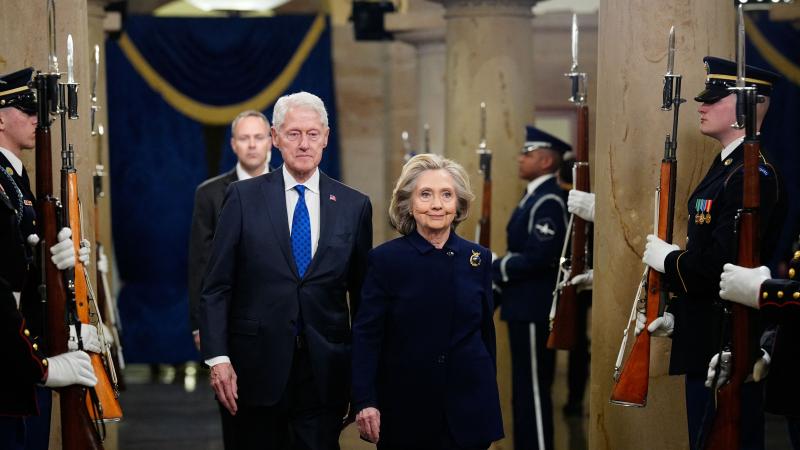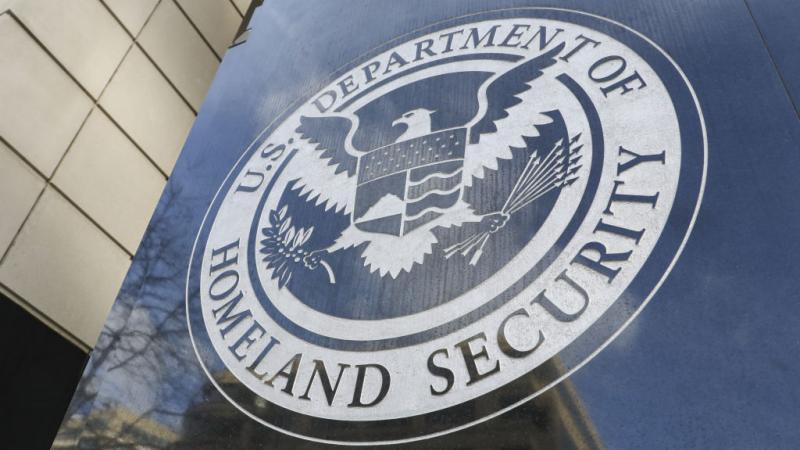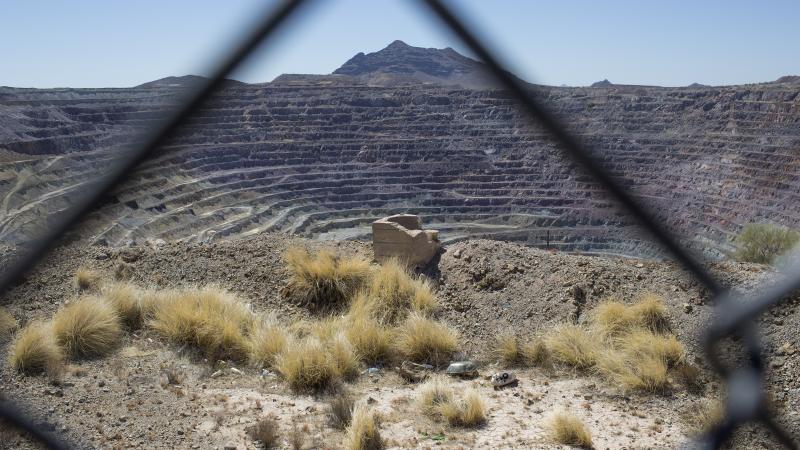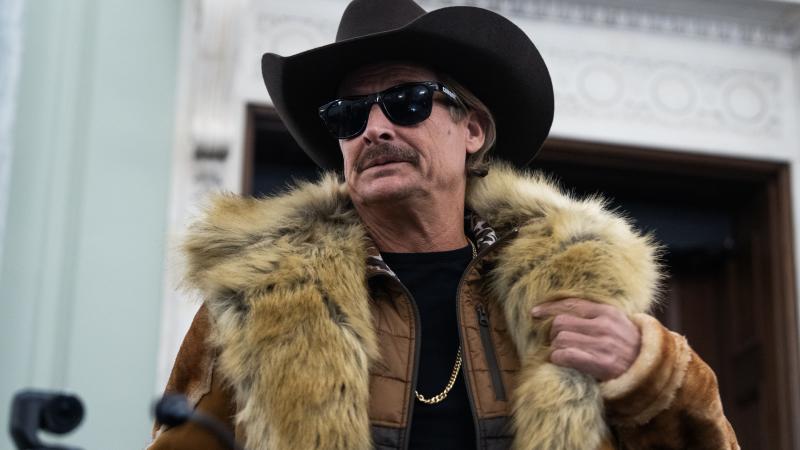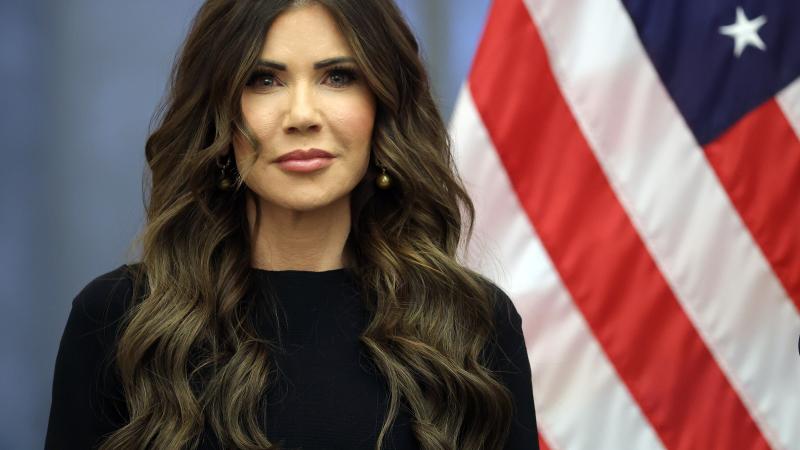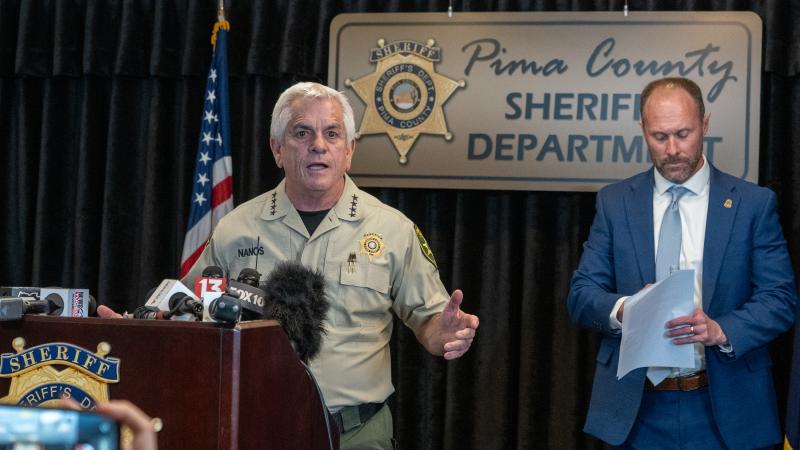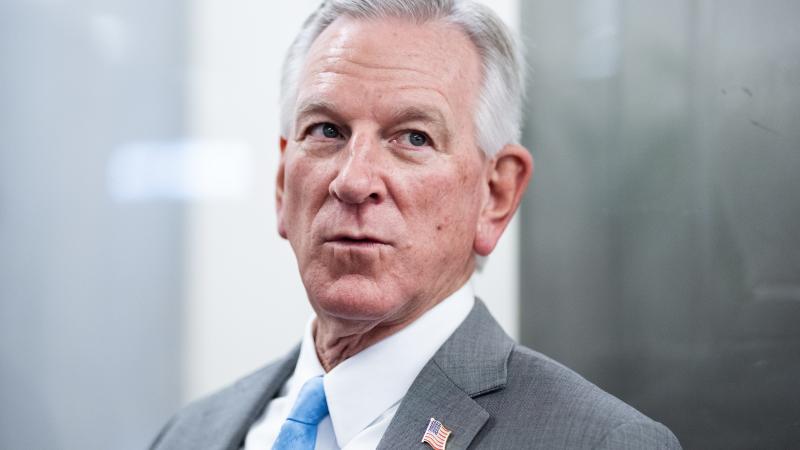Climate scientists say lines between science and advocacy are being blurred and bias normalized
Dr. Matt Wielicki said he was shocked when he read the op-ed in a prestigious journal arguing that objectivity in climate science is problematic. Keeping feelings separate from research, he said, is fundamental to the foundational principles of science.
Three climate researchers took to the pages of Nature to argue that objectivity in climate science is problematic, as it gets in the way of their political advocacy, which they argue is too important to deny. Therefore, the values of objectivity in scientific research, the authors argue, should be reconsidered.
“The public has watched as national and sub-national governments have declared climate emergencies, all the while continuing to grant new permits for the extraction of fossil fuels, seemingly ignoring increasingly urgent scientific messages that this locks the world into passing 1.5 °C of warming above pre-industrial levels by 2030, if not sooner,” the researchers explain.
While the researchers equate a refusal to stop the production of fossil fuels with ignoring science, energy experts argue these policies will result in enormous economic problems and widespread poverty. The authors of the Nature op-ed, seemingly unaware or unconcerned with the impacts of such policies, argue that it’s unfair to expect climate researchers not to get emotional when governments don’t adopt these policies.
“Scientists who express their feelings and worries about climate change are often not encouraged by their colleagues and are instead expected to carry on without acknowledging or communicating the continued inadequacy of action required to secure a liveable and sustainable future,” the authors state.
By just about every measure — including life expectancy, wealth, and deaths from natural disasters — the human race is doing better than ever. Despite this, the authors appear to believe their fears are based on indisputable facts.
Climate advocacy versus straight reporting
Dr. Matt Wielicki, former assistant professor in the Department of Geological Sciences at the University of Alabama, doubted the authors’ claim that their colleagues are objecting to their climate advocacy. Wielicki left academia in large part because, he says, his views contradicting the climate crisis narrative were met with hostility from the university’s administration. Climatologist Dr. Judith Curry, who also raises doubts about what she calls “climate hysteria,” tells a similar story about her choice to leave academia and pursue a career in the private sector.
“I've never seen somebody lose a position or have a pile-on online because they're being active on climate. But I've seen that happen to many well distinguished scientists, where they have just the simplest of questions. I think this is the classic projection,” Wielicki told Just the News.
Wielicki said he was shocked when he read the Nature piece. He said it’s okay for researchers to have feelings. It’s a part of being human. But keeping feelings separate from research is fundamental to the foundational principles of science, he said. It’s how research is kept free from bias, and during peer review, bias is one of the things reviewers look for.
“The Nature article is essentially telling scientists that the data isn't important anymore. We know the answer now. It's now stirring up emotion,” Wielicki said.
Conflicts of interest
The blurring of the line between climate research and political advocacy is becoming more common and raising concerns among other researchers. The highly influential and prestigious U.S. National Academy of Science recently established a committee to examine and further research "attribution science."
Attribution science is used to determine how much greenhouse gas emissions contributed to specific weather events. Its methodologies were developed to aid lawsuits against large emitters, primarily oil companies. There are dozens of these lawsuits filed by anti-fossil fuel groups and local governments, which critics argue are aimed at advancing an energy transition through the courts, as opposed to legislatures where policymakers would have to contend with voters.
The NAS committee’s sponsors include the Bezos Earth Fund and Robert Litterman, who is on the board of Climate Central, a climate advocacy group that founded the World Weather Attribution (WWA). The WWA’s purpose is to connect climate change to individual weather events in support of climate lawsuits. Both the WWA and committee are funded by the Bezos Earth Fund.
On his “The Honest Broker” Substack, Dr. Roger Pielke, Jr., retired professor of environmental studies at the University of Colorado at Boulder, points out that the committee’s membership also includes Delta Merner, who leads The USC Science Hub for Climate Litigation at the Union of Concerned Scientists. Its mission is also to help advance climate litigation.
Pielke writes that the judicial system has a pressing need for expertise, and there’s nothing wrong with advocacy groups organizing experts or creating scientific research in support of litigation. However, he argues, it’s not appropriate for such legal advocates to serve on an NAS study committee that evaluates and legitimizes the information they produce in support of the litigation that these advocates are involved with.
“The failures of scientific integrity here are profound, obvious and completely out in public,” Pielke writes.
Losing trust
The scientists defending their emotional research appear to think there’s no legitimate dispute of their fears, but other scientists disagree.
The authors of the Nature op-ed told The Guardian that they were “mocked and gaslighted” for speaking up about their fears. They claimed “some scientists” ridiculed them for participating in a Guardian survey of climate scientists talking about their mental health issues, such as depression, which they blame on climate change. They don’t provide any details on who these scientists are, what exactly was said to them, or how these criticisms were communicated. But they defend their “strong emotions” as being “vital” to their research on climate change.
One of the Nature op-ed authors, Dr. Lisa Schipper from the University of Bonn, told the Guardian that due to the “sad destruction of the planet,” she doesn’t have the “choice now to be unemotional about climate change research.”
Among the things that frighten her, she said, are heatwave deaths, people left homeless by floods, and falling polar bear populations. As Pielke pointed out in a 2022 Substack article, the Intergovernmental Panel on Climate Change (IPCC), a consortium of the world’s leading climate researchers, is clear about having no confidence in overall trends in flooding. This also means, Pielke explains, that the IPCC doesn’t have confidence that the frequency or magnitude of flood events can be attributed to climate change. Likewise, normalized U.S. flood damage as a portion of GDP has significantly declined since 1940.
Heatwave deaths are rising, and there’s reason to be concerned. However, as a result of rising temperatures, fewer people are dying from cold events, which are a far larger killer than heat.
"Normalization of bias"
Schipper’s claim that polar bear populations are falling isn’t supported by the data. According to a 2021 status report by the International Union for the Conservation of Nature, Species Survival Commission Polar Bear Specialist Group, polar bear populations have increased as much as 40% since 1960. A 2018 study estimates that polar bear populations increased nearly four-fold since 1950.
On his “Irrational Fear” Substack, Wielicki argues that the “normalization of bias” in science, as promoted in the Nature and Guardian articles, are eroding public trust in science.
“This shift away from objectivity in climate science, cheered on by major journals, could take down society’s trust in scientific institutions altogether. It’s time to admit that what’s happening here is not science; it’s faith. Climate science is becoming a doctrine, where questioning is taboo, and faith-based declarations replace evidence-based inquiry. And when we let science become faith, we abandon everything that made it a force for human progress. This isn’t just dangerous for science; it’s dangerous for society,” Wielicki wrote.
The Facts Inside Our Reporter's Notebook
Links
- argue that objectivity in climate science is problematic
- enormous economic problems
- widespread poverty
- just about every measure
- life expectancy
- wealth
- deaths from natural disasters
- Wielicki left academia
- tells a similar story
- established a committee
- developed to aid lawsuits
- dozens of these lawsuits
- Bezos Earth Fund
- World Weather Attribution
- support of climate lawsuits
- Bezos Earth Fund
- The Honest Broker
- The USC Science Hub for Climate Litigation
- told The Guardian
- mental health issues
- 2022 Substack article
- far larger killer than heat
- 2021 status report
- 2018 study estimates
- Irrational Fear
